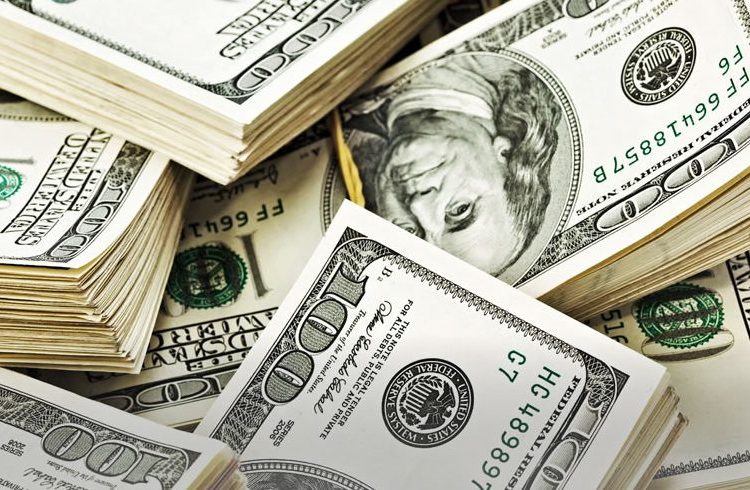The United States and Cuba continued the round of technical meetings of recent weeks with one on their collaboration in the prevention and struggle against money laundering.
The meeting, held in Washington, is the second between the authorities of both countries on this subject and “took place in a climate of respect and professionalism,” according to a press release sent by Cuban Embassy in Washington.
The release explains that “the tendencies of this scourge on a regional level, the principal experiences in confronting money laundering and the next steps that will be taken to advance in bilateral collaboration on this matter” were dealt with in these talks.
The United States, as has been customary in all this series of technical meetings, still did not comment in relation to the meeting.
The representatives of Cuba “emphasized on the need to increase cooperation between the authorities of both countries to guarantee that this criminal modality be confronted effectively,” the Havana press release points out.
“Both sides coincided in that it is necessary to act with determination against this type of incidents and those who commit them and there was consensus in that there is no room for impunity,” it added.
The Cuban government also highlights its “active” collaboration with the Financial Action Group for Latin America (GAFILAT), which in its reports “recognizes reduced general risk for money laundering and the financing of terrorism in Cuba.”
The Cuban delegation was made up by representatives of the Ministry of Interior, the Central Bank of Cuba, the Attorney General’s Office and the Foreign Ministry.
For the U.S. side officials from the Departments of National Security, Justice, State, Health and Human Services and Treasury participated.
Both sides “agreed to continue in the future the technical meetings on the subject and to coordinate actions that contribute to the effective confrontation of money laundering,” according to the Cuban release.
In recent weeks, the Cuban government has reported on several technical meetings in Washington with U.S. officials about cybersecurity, drug trafficking, terrorism and irregular migration, meetings which the Department of States has not commented on and which have been given a very low profile from the U.S. capital.
U.S.-Cuba relations are going through a very delicate moment because the U.S. government accuses Cuba of knowing who committed between November 2016 and August 2017 the alleged attacks against 24 of its officials on the island and has not told it, in addition to not having protected them adequately.
Although Cuba denied it, the United States left its embassy in Havana with a minimum of personnel last September due to this crisis and expelled from Washington 17 officials from the Cuban mission.
This is added to the measures to restrict commerce with and trips by Americans to the island, all of them initiatives that have distanced the two countries after the hope supposed by the thaw initiated by former President Barack Obama.
EFE / OnCuba










